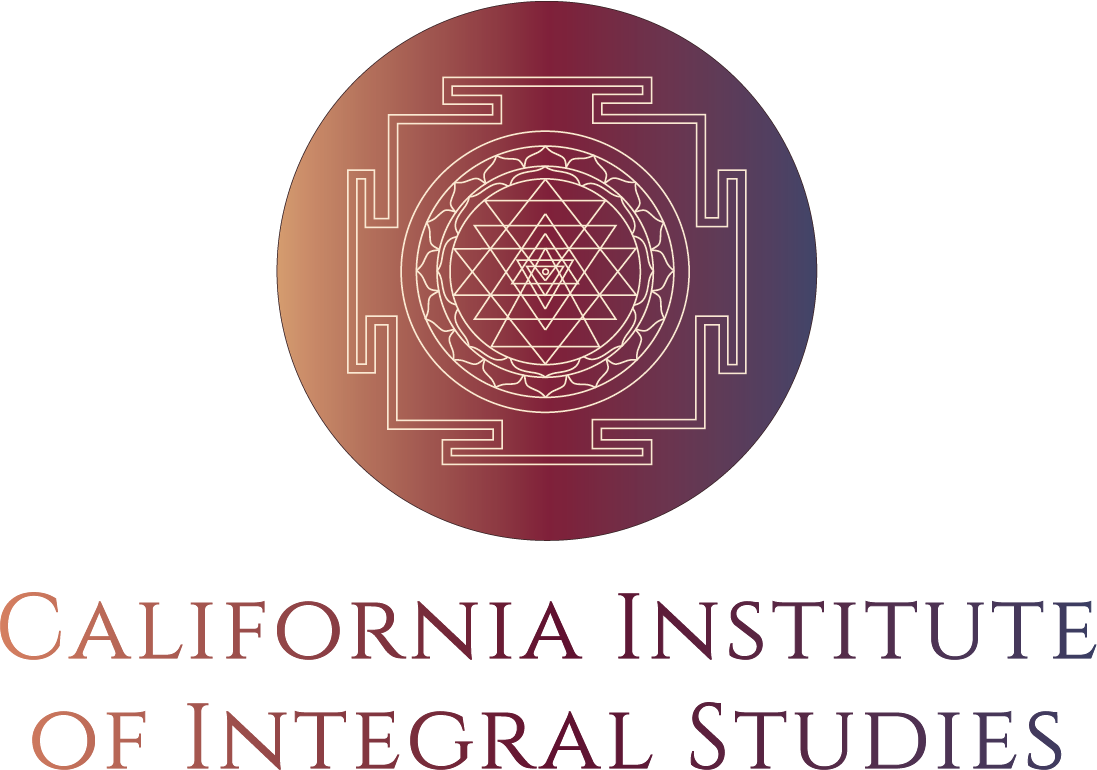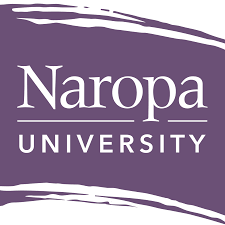The Best Somatic Psychology Graduate Programs
Feb 22, 2023
If you are interested in studying somatic psychology, what are your options? Well, the answer is, that depends.
If you are interested in gaining licensure as a mental health professional, and would like to become credentialed at a Masters level – there are basically just a handful of places, that I know of in the United States that offer this kind of training. There might be others elsewhere, so if you know of others, reach out and let me know.
I taught at some of these institutions, and I have faculty and friends who have taught at all of them. Here are my general impressions about licensure training programs.
"The Big Three"

The California Institute of Integral Studies is one of the center points of somatic education in the United States, if not the world. It houses probably the largest population of students who are studying for licensure in somatic psychology, congregated in one program. The faculty are dedicated, caring and committed, though frequently in programs of this kind there is a bit of wear and tear that happens to faculty. There is a great amount of care that is put into supporting the health of the cohort, although due to the intimate nature of the program, there is occasional (and depending on cohort... sometimes frequent) intra-cohort conflict. Compared to other programs, students at CIIS tend to skew slightly younger, and appear in the main to be more academically/intellectually oriented than elsewhere. Some students are fresh out of college, though others are returning students after having had an alternate career. This school also places social justice considerations near the center of its curriculum – more so than other institutions – and would be a good fit for students who want to blend their somatic work with social justice issues or concerns. It is located in San Francisco, and so there is the energy and bustle of city life, with all of its rich diversity, price tag, and challenges that come from urban living.
The Good: As an eminent hub for somatic education, CIIS attracts passionate, dedicated faculty guiding intimate cohorts through profound personal and intellectual growth. The program's justice-centered curriculum uniquely blends somatic work with social change. And the vibrant diversity of San Francisco provides fertile ground for discovery.
The Bad: Insular cohort dynamics can spark occasional (and sometimes frequent) conflicts. Rapid expansion risks overtaxing faculty resources. Younger students may lack professional experience. And big city living has its costs, financially and otherwise.

Naropa is another somatics program with a long and storied tradition the field. It is known for having a separate Dance Movement Therapy track in its curriculum. For students who are particularly interested in this intersection of somatics and dance/movement, it would be a strong choice. It is located in Boulder, Colorado and has a very quaint, aesthetically pleasing campus. It seems more contemplatively oriented than its Bay Area counterparts – more like pure transcendent mountain energy. It was founded explicitly in a meditative / spiritual tradition. It seems to be a continuing solid program, carrying on in the tradition of Christine Caldwell, the founding director of the program. Her method called the "Moving Cycle" continues to permeate the program and forms a strong foundation for understanding and organizing somatic work.
The Good: With deep contemplative roots, Naropa exudes pure mountain energy. The pioneering Moving Cycle method still grounds its somatic approach. And the dedicated Dance/Movement Therapy track is unmatched for those seeking this intersection.
The Bad: Its spiritual lineage and quaint campus aren't for everyone. Faculty stability can't match larger programs. And its remote location lacks urban diversity.

John F. Kennedy School of Psychology is another historically solid training program, although it has recently been absorbed into National University. Nevertheless, many faculty continue on in the tradition of somatics at JFK – which has a long and well-respected history within the field. It is a holistically-oriented educational program – designed specifically for adult learners who might be holding down a job while also attending university. Students in this program tend to be a bit older than at CIIS or Naropa, as it is explicitly designed for adult learners. Students are more typically "working class" – and their desire for learning is pragmatic. The atmosphere is less intellectually rarefied than at other institutions, and it is, in the main, more focused on the pragmatics rather than the politics of somatics. It is located in Pleasant Hill, and has more of a suburban energy feel to it. Classes are typically in the evenings or late afternoons – though they are increasingly moving to an online format.
The Good: With deep roots in the field, JFK retains respected somatic faculty despite institutional shifts. The pragmatic, professionally-focused curriculum suits older, working learners seeking applicable skills. For the pragmatic somatic psychologist desiring professional development more than personal transformation, JFK's practical approach may hit the mark.
The Bad: Absorption into National University creates uncertainty. Less academically rigorous than other programs, with a suburban commuter -- actually now hybrid / online -- vibe rather than rarefied intellectual energy.
Alternate Programs
In addition to the "Big Three", there are some other newer programs. Antioch University has a new program, and it seems to be a decent enough one. Antioch has a long tradition in the experiential education sphere. Meridian University also has a program – I once met a student in their program – I believe she was pursuing a PhD in somatics – and she seemed happy enough. I think that Meridian has more of an upstart reputation, and there are some administrative bumps that I think are to be expected along the way. They also have some kind of agreement with the Tamalpa Institute, which might be attractive for some. Lesley University has a program that is, I believe, centered around dance and movement. Prescott College has an online counseling program with an emphasis in Somatics – Davida Taurek who runs the emphasis is well respected. There might be some other programs out there. Somatics is certainly up-and-coming so, these are cropping up.
For students who are not able to relocate to the United States for their educational experience, there are other opportunities for learning. For example, this particular platform, Somatopia, is actually made up of many of the top current and former faculty members from "The Big Three" and intends to make a somatic education possible, even at a distance. Feel free to check out some of our free resources here: Resource Page or join us in one of our upcoming Core Skills or Relational Skills Trauma Certificate Programs.
Also, if you're more of a self-study kind of person, feel free to check out our top somatic psychology book recommendations here.
Photo by Sincerely Media on Unsplash
Sign up for our Newsletter
Keep up with our latest offerings and events. Stay connected with community.
No spam. Ever.



